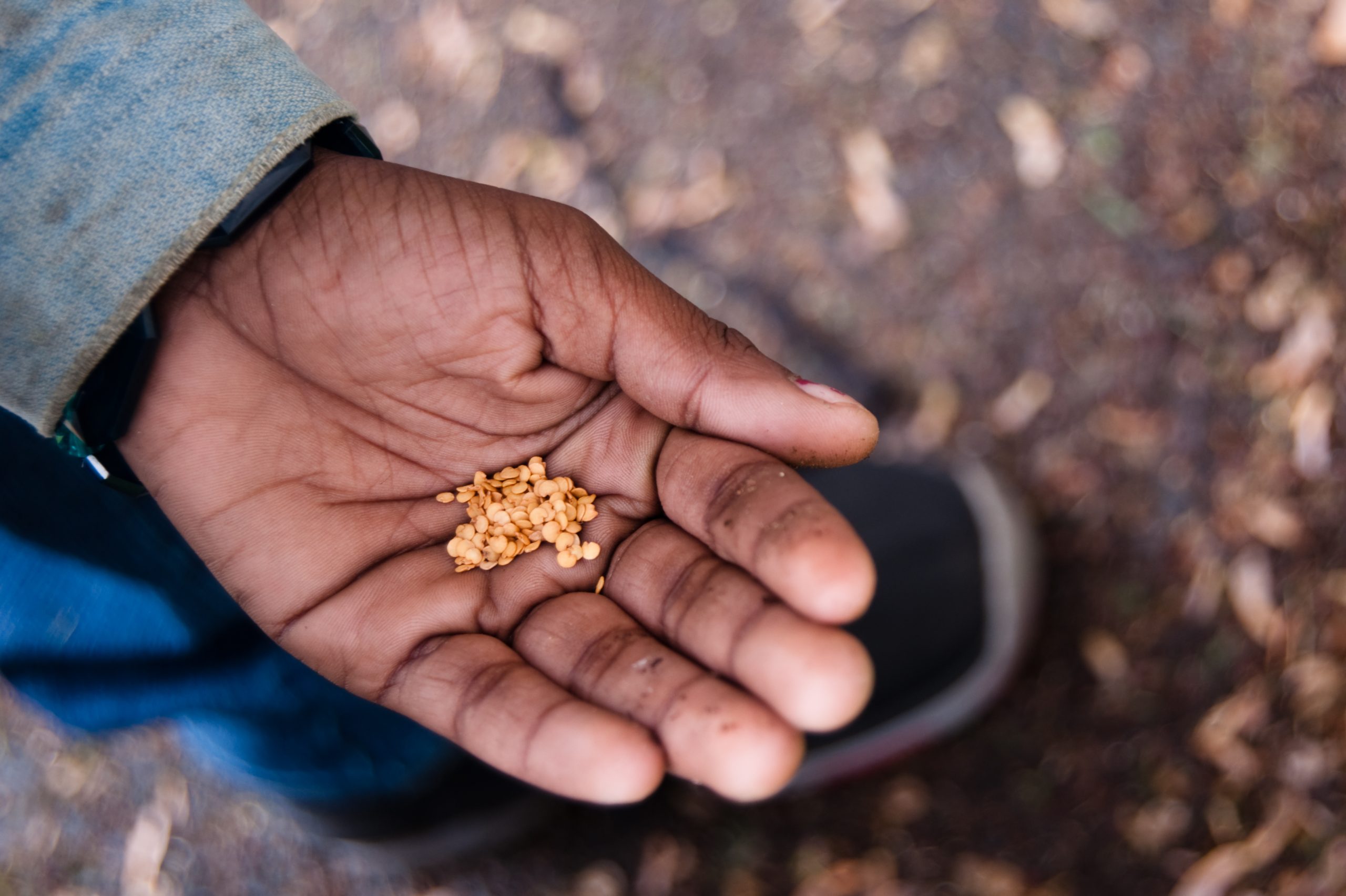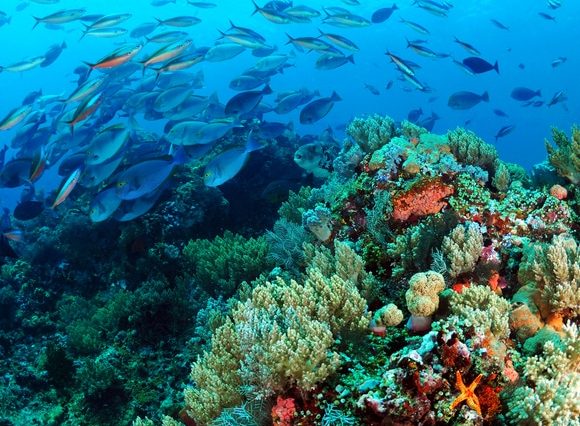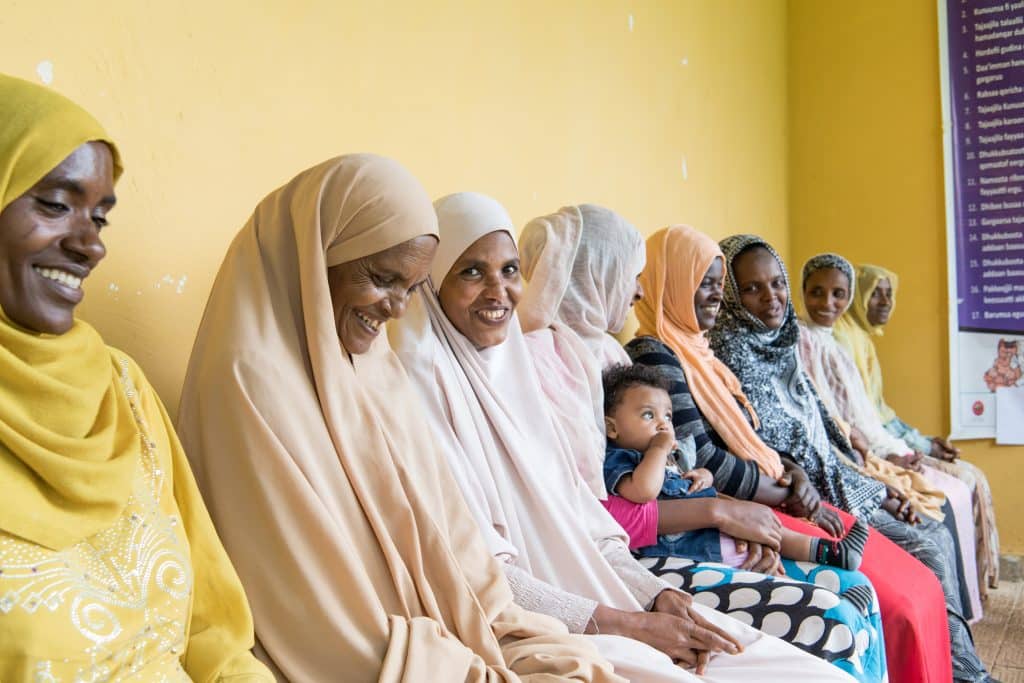The David and Lucile Packard Foundation launched a new initiative designed to improve agriculture, livelihoods, and conservation in Ethiopia, Indonesia and the Democratic Republic of the Congo.
As the planet’s population approaches eight billion people, the growing demand for food is pushing agriculture into forests and other natural areas with devastating effects on the environment. Climate change places further pressure on these vital ecosystems.
Given these mounting challenges, the Packard Foundation was compelled to better understand the factors influencing agriculture and conservation in some of the world’s most populous countries. The lessons learned through that initial research are telling: smallholder farmers produce most of the food consumed in Asia and sub-Saharan Africa, yet they face limited access to the agricultural and market resources necessary to sustainably manage their land and livelihoods. What’s needed are new ways to improve farmer livelihoods, while also conserving the natural resources upon which the world depends.
Through its work in climate and land use, the Packard Foundation understands the important role farmers can play in protecting forests and biodiversity. Similarly, the Foundation’s decades of work in population and reproductive health has demonstrated the outsized impact that investing in women can have on communities and the landscapes that surround them.
Tying these lessons together, the new Agriculture, Livelihoods, and Conservation (ALC) initiative represents a new chapter in the Foundation’s work – one that aims to improve livelihoods for smallholder farmers while also protecting biodiversity.
In 2017 and 2018, the ALC initiative will identify new opportunities for investment in Ethiopia, Indonesia, and the Democratic Republic of the Congo, three places where Packard has established networks or sees unique potential for impact.
To learn more and stay apprised of the Foundation’s work in these countries, please visit the Agriculture, Livelihoods, and Conservation program page.








